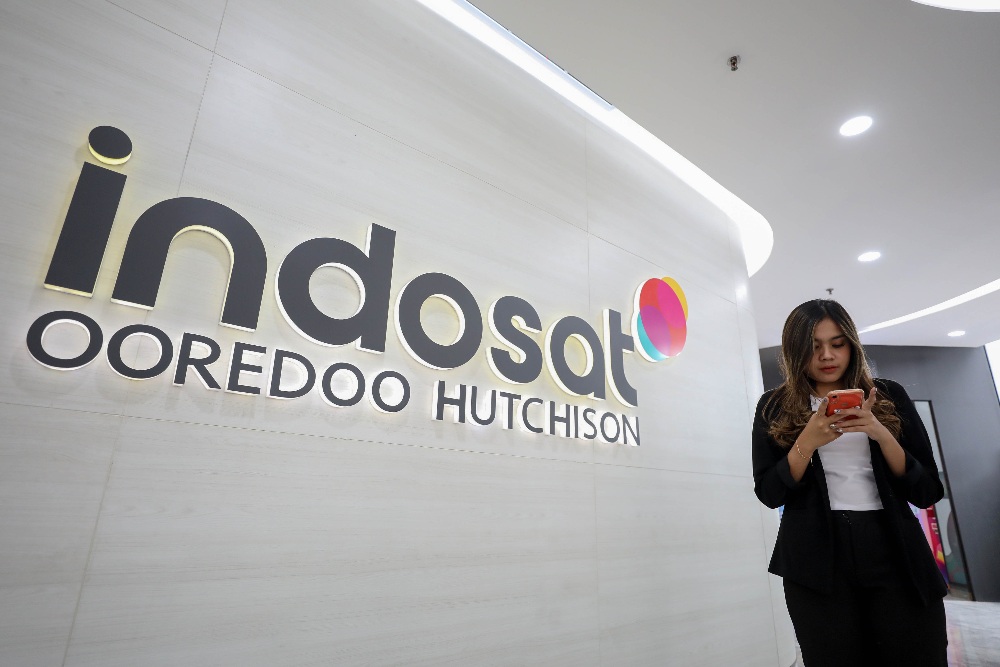
Businessetiquettearticles.com – Doing business in South Korea can be a rewarding experience, but understanding cultural norms is crucial for success. Here are some key Korean business etiquette tips to help you navigate your interactions and build strong relationships:

Respect and Hierarchy:
- Respect for hierarchy is paramount in Korean business culture. Always address those older or in higher positions with titles like Mr., Ms., or Director followed by their last name.
- Use formal greetings like “Anyonghaseyo” (hello) and bow slightly. The deeper the bow, the more respect it conveys.
Punctuality and Preparation:
- Punctuality is essential. Arrive a few minutes early to show respect and preparedness.
- Dress professionally and conservatively. Men should wear dark suits and ties, while women should wear skirts or dress pants and blouses. Avoid overly casual attire or bright colors.
Business Cards and Greetings:
- Business cards are vital for introductions. Present and receive cards with two hands. Read the card carefully and acknowledge the person’s title.
- Do not write on or fold business cards. Keep them in a cardholder and place them neatly after reviewing.
Non-verbal Communication:
- Maintain eye contact but avoid staring, which can be seen as aggressive.
- Avoid excessive public displays of affection or loud laughter.
- Gestures should be subtle. Avoid pointing directly at someone; use an open palm instead.
Gift-giving:
- Gifts are often exchanged during initial meetings or to show appreciation. Opt for small, practical gifts or traditional Korean items.
- Always present and receive gifts with two hands. Never open a gift in front of the giver.
Dining Etiquette:
- The most senior person is usually seated first. Wait to be seated and do not begin eating until the host starts.
- Use chopsticks and a spoon for most meals. Learn proper etiquette for holding and using them.
- It’s polite to refuse food or drinks initially, but a gentle insistence is expected. Don’t overfill your plate or cup.
- Slurping noodles or talking with your mouth full is considered rude.
Communication:
- Speak slowly and clearly. Koreans may be more indirect in their communication, so be patient and attentive.
- Avoid using humor or slang that may not translate well.
- If you don’t understand something, politely ask for clarification.
Additional Tips:
- Learn a few basic Korean phrases. This shows effort and respect for their culture.
- Be patient and avoid rushing negotiations. Building trust takes time.
- Don’t be afraid to socialize outside of meetings. Korean business relationships often extend beyond the office.
By following these tips, you can navigate the Korean business world with confidence and establish strong, lasting partnerships. Remember, cultural sensitivity goes a long way in building successful business relationships in Korea.


No Comments